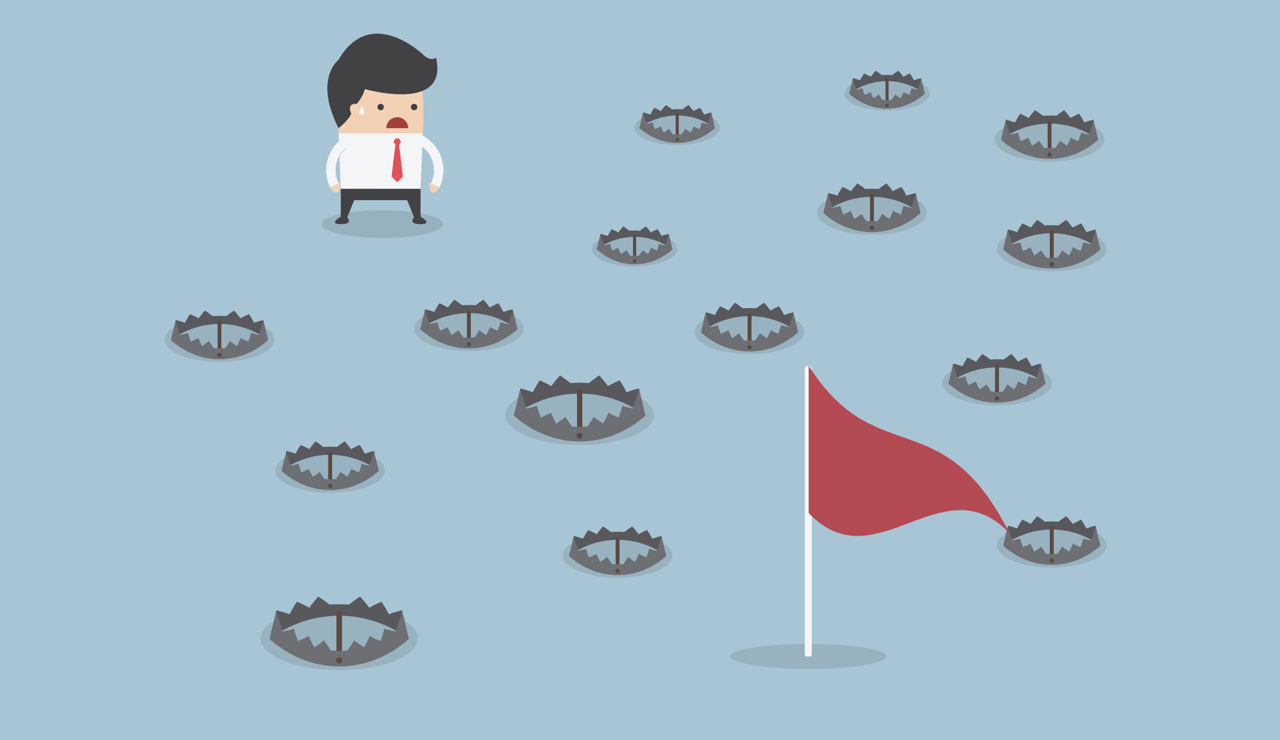We all have seen great innovations, excellent products and even the best of the growth strategies fail; We have seen startups with extensive investments fail; We also have seen experienced management teams fail. If everything was going right for them, how did something suddenly go so wrong? Are there any ways to avoid failure?
Can something so bad really happen in the spur of a moment? Well… Not really. There are certain things which you can keep in mind while implementing your growth strategy. Let’s take a look at a piece of conversation of a management team. The one which owned a product loved by the customers but was still watching declining sales-
Aaron, the Chief Financial Officer shared his views, “I think teams are running out of passionate people. We have outdated strategies and tracking budget is also becoming difficult.”
Kiara, the Marketing Officer intervened, “Excuse me, I think we have achieved a lot in these 10 years. Growing from 10 to 10,000 people was a great deed. I think we are doing enough.”
Nihal, the Technology Officer started, “Listen, guys, I do not see any problem. We have a great product and excellent growth strategies. I do not understand where the problem lies.”
It was Ron’s turn to speak. The junior-most Customer Service Head stated, “It is only my department’s fault. I have apologised many times and I still do. There lies no other problem. I am sorry guys.”
At the very end, sat Rachel. The CEO of the company. With a tiresome voice, she stated, “We have tried different methods, different ways to get back on track but it’s just not working. We are in enough losses and I think it’s time, we should just close our gates now.”
And thus the software firm closed down.
Did you notice the bug here? No! It wasn’t a person, nor the product. It was- Thinking.
The bug:
To answer our earlier question- Nothing happens suddenly. We first think about failure and thus we do. This is where implementing growth strategies do not work. Many people won’t agree with my point of view, but let’s see what this conversation showed us.
It was Aaron who played on the blaming card by blaming the teams, Kiara showed limitations in her thought by saying the company cannot go ahead, this was the most it could have done. Nihal showed indifference whereas Ron was full of guilt and the CEO was feeling helpless.
We, therefore, conclude that entrepreneurs fail in their minds first and then in their businesses. The growth strategies fail and the company sees a slowdown.
You should always steer clear of these five bugs for your successes- Blame, Guilt, Indifference, Helplessness and Limitation. These are the basic problems many companies encounter while implementing growth strategies.
To avoid failure, always remember-
Your thoughts are your fruits. What produces these fruits? Your mind, that acted as roots of course.
Your language shows your future. Don’t only think twice while talking with your client, think twice even when talking in your own organisation or even to yourself.
Because what you think or say is what you get.

